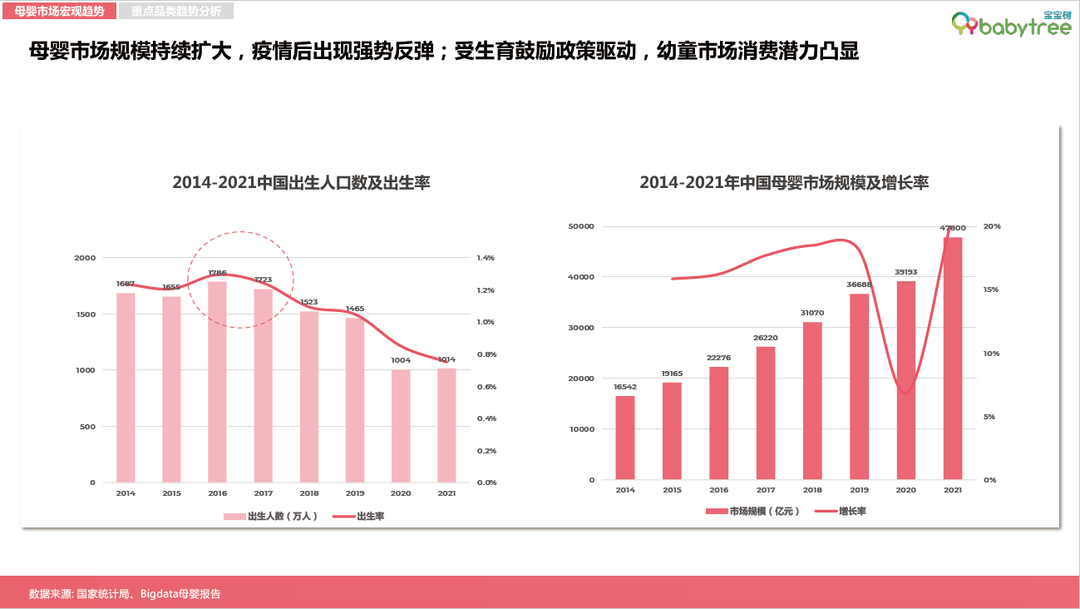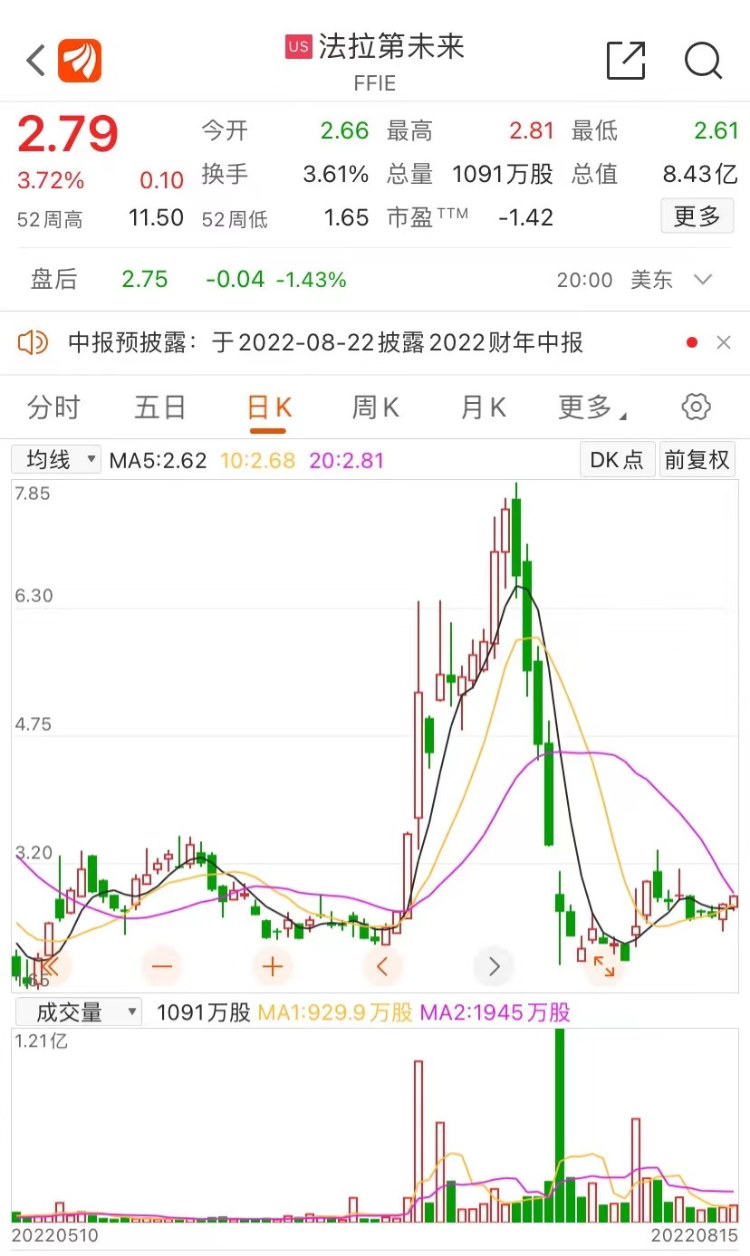The reporter visited the West Lake Longjing Production Area.
Author:Pole news Time:2022.08.31

Part of the tea trees in Meijiawu Village were burnt

The top -burnt tea tree

Dead tea saplings

In Shuangling Village Tea Garden, the scorching tea trees are very conspicuous

Scan the code to watch the video
Chutian Metropolis Daily Journalist Liu Yi Zhang Qi Photography: Chutian Metropolis Daily Ji Mei Journalist Zhang Qi
As the top ten famous tea in China, West Lake Longjing was produced in Hangzhou.
Since the summer of this year, Hangzhou has experienced 55 days of high temperature. Some tea trees are dry due to exposure, and the rumors of "90 % of West Lake Longjing have been dry".
From August 25th to 27th, Jimu journalists visited a number of villages in the main production area of West Lake Longjing and found that some tea trees were affected. Fortunately, on the evening of the 25th, Hangzhou was thunderstorm, and the drought was relieved. Professionals analyzed that the production of tea in the coming year is not affected.
Part of the leaves will fall when the leaves are scorched
Among the five core production areas of Longjing, West Lake, Meijiawu Village, Xihu Street, Xihu District, Hangzhou is the largest tea village. More than 800 households in the village are almost tea farmers. There are more than 2,000 acres of tea gardens on both sides of the main roads in the village.
Before the thunderstorms came on the evening of the 25th, the tender leaves on the top of the tea garden were burnt on the top of the tea tree, and it would fall when it touched.
"It is said that 90 % of the tea trees are dried? It's exaggerated!" The villagers of Meijiawu Village told Judu journalists. This summer, the temperature is high and the duration is long. Some small streams in the village are broken, and many tea trees are dry, but they are far less serious as the online rendering.
The reporter saw that most of the tea gardens in Meijiawu Village were distributed on the hillside. Because there are mountains and big trees, there is no shortage of water. Tea trees in these locations are rarely dry. Most of the catastrophe tea trees are located in Pingdi Tea Garden.
Tea farmers introduced that the location of the tea garden will affect the drought resistance of the tea tree: the flat ground temperature is higher, and the tea trees here are easier to be sunburned than the hillside; some tea gardens have a lighter soil layer, the soil water retention performance is poor, and the tea trees have less nutrients. Poor abilities; in addition, some varieties of tea trees are not developed enough, and they are more fragile in the face of high temperature and exposure.
Villager Mei Lixin (pseudonym) has grown tea for more than 30 years. His family has 5 acres of tea gardens, and less than 10 % of the drought tea trees. "The leaves on the top are dry. One is because of less water this year, and the other is to dry it soon after watering." Mei Lixin said. In his memory, only the leaves of the tea leaves were dry in 2013. That summer, the number of high -temperature days is similar to this year, but the drought is not as serious as this year.
About Yicheng Tea Garden is affected by drought
Shuangling Village, Shuangpu Town, Xihu District is also the origin of West Lake Longjing. The staff of the village committee introduced that the village was seriously affected, and more than 30%of the tea leaves in the village were exposed to scorching.
The tea gardens overlooking Shuangling Village from a high place, the scorching tea trees are very obvious, and many tea gardens appear brown.
The villager Zhao Youlong's family has 4 acres of tea gardens. In the tea gardens of other villagers, there are many branches.
Zhao Youlong told reporters that before and after the Dragon Boat Festival this year, he planted some tea saplings and planted edamame beans as saplings. In summer, a large number of tea saplings died, which has never been before in previous years.
In early August, the tea farmers in Shuangling Village began to pour water. They installed water pipes in the tea garden and watered the roots of the tea tree at night. "In order to pour through, it must be poured from seven or eight o'clock in the evening to the middle of the night." Zhao Youlong said. His family did not install water pipes, so he had to borrow other villagers' houses. Some villagers watered almost every day, but the tea leaves were still dried.
The person in charge of the Hangzhou Agricultural and Rural Bureau had told the media that there were 22,000 acres of tea gardens in the Longjing production area of the West Lake. About 10%of the tea gardens this summer were affected by drought and the leaves of tea leaves were dry.
There are tea farmers flowers 10,000 yuan to install shading net
Ma Hongliang, a tea tree in Shuangling Village, introduced that the most suitable growth temperature of the tea tree is 10 ° C-25 ° C. Under the climate environment of high temperature and drought and strong light, the tea tree will occur for 8 to 10 days. Fighting high temperature and drought, the focus is on shading and hydration.
In an interview with the reporter on the 25th, the tea farmers were looking forward to the arrival of rain. According to the weather forecast, Hangzhou will usher in rainfall that night. "It rains at this time, which can supplement water and cool down." A villager said.
Tea farmers introduced that there was a period of time, and their tea picking time continued from March each year to October. In recent years, because the quality of summer tea is not as good as spring tea, and the increase in picking costs, they only pick tea in spring, and have maintained tea gardens in other seasons.
Although some tea leaves are sunburned, as long as the main and branches of the tea trees are not dead, when it rains and cools down, new buds can still be emerged, and new leaves can be growing without losses. In contrast, installing shading nets will increase costs, and only a few tea farmers will do so.
At the beginning of August, the tea leaves of the tea farmer Xu Linchang's family began to change color due to exposure, and he spent about 10,000 yuan to install a shade net for 6 acres of tea gardens. When the temperature drops, the removal net will also pay a labor fee.
Xu Linchang told reporters that he was worried that the high temperature would last for a while. The branches of the tea trees were damaged, it was difficult to grow new leaves, or the new buds and new leaves were thin and weak, affecting the output of spring tea next year. Therefore, he installed the shading net without cost.
There are also some tea farmers installed with shading nets in Shuangling Village. The reporter saw that compared with the tea trees under the Internet, the tea tree outside the net was heavier. At present, Shuangling Village has counted the affected situation and reported to the local agricultural department. There are 281 households and 246 acres of tea gardens close to Meijiawu Village. In the face of high temperature, the village avoids losses through water irrigation and additional fertilization on the mountain.
Spring tea next year
It is not expected to reduce production
In March of this year, the West Lake Longjing tea mining session, some professionals analyzed that one acre of tea gardens produced about 40-50 catties of dry tea. The output of spring tea was flat in 2021, with a total of about 320 tons, and the price rose by about 5%. Head tea is generally booked by old customers, and the price of each catty ranges from 56,000 to one or 20,000 yuan. Ordinary Ming Dynasty Longjing tea is priced at 1500 yuan to 3,000 yuan per catty.
Tea farmers said that the price of spring tea next year will increase accordingly. Fortunately, Hangzhou rained continuously on the 25th and 26th, and some tea trees emerged with new buds. Otherwise, according to the previous high temperature and drought, the tea tree will inevitably encounter more serious damage.
The Tea Research Institute of the Chinese Academy of Agricultural Sciences is located in the core production area of the West Lake Longjing. According to Li Xin, the person in charge of the tea tree planting engineering research center of the institute, they found that only the leaves are part of the tea gardens, and a few of the top bosses are injured, and the main body of the tea tree has not been hurt. "As long as the branches are not damaged, new buds can be grown when the temperature drops," said Li Xin. After rainfall and cooling, tea farmers will formulate appropriate control measures according to the drought conditions of the tea garden, such as trimming dead branches and replenishment of fertilizers in time. Based on the current meteorological prediction information analysis, this year's summer high temperature and drought conditions have been basically lifted, and the output of Longjingchun tea in West Lake in the coming year will not be reduced.
Shang Jiannong, the president of the Longjing Tea Industry Association of Xihu District and the chief expert of the tea district, told reporters that the output and artificial tea collection cost of West Lake Longjing will affect the price of tea. The damage to tea trees this summer is not serious. It is expected that spring tea will not reduce production in the coming year, and prices will not rise sharply.
- END -
"Number" Reading the new generation of maternal and infant users: Guo Chao brand assaults the "five rings" market high -end maternal and infant products to usher in a new opportunity for growth 丨 Cover every day

Cover news reporter Zhang YuexiRecently, the 17 departments have introduced furthe...
Jia Yueting's car built a car again!When will Faraday's first car be delivered in the future?

On August 15, local time, the Future Future (referred to as FF), founded by Jia Yu...